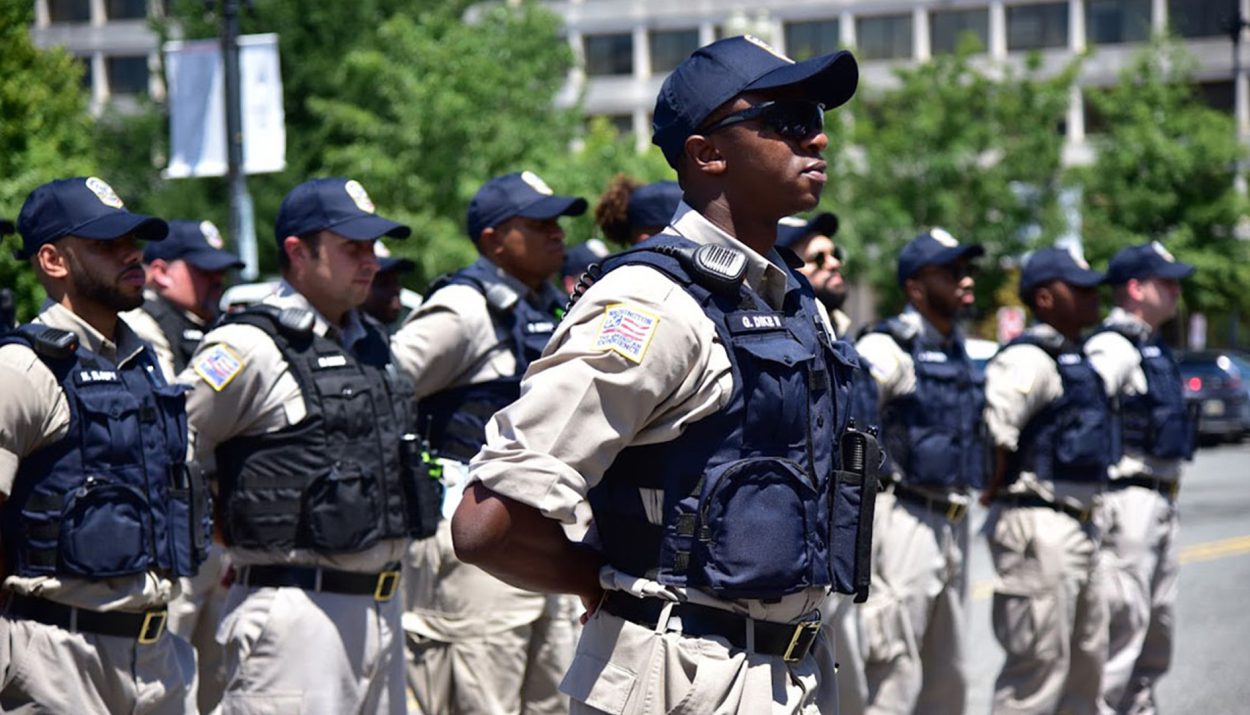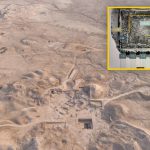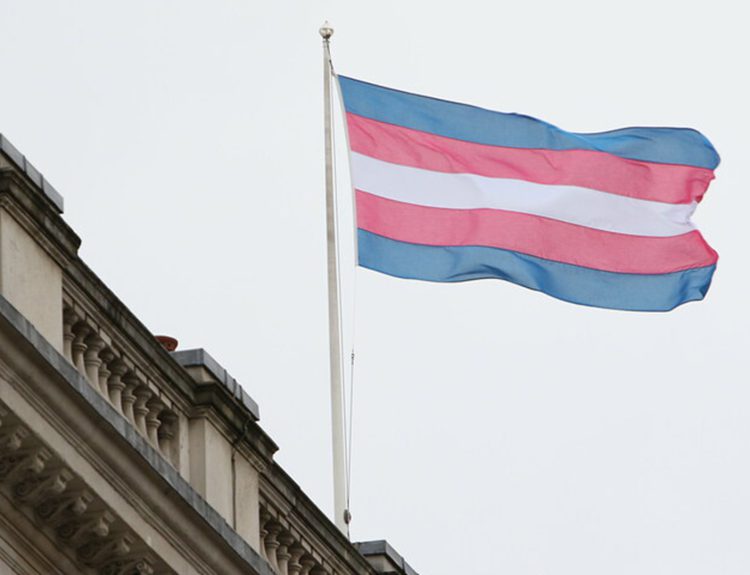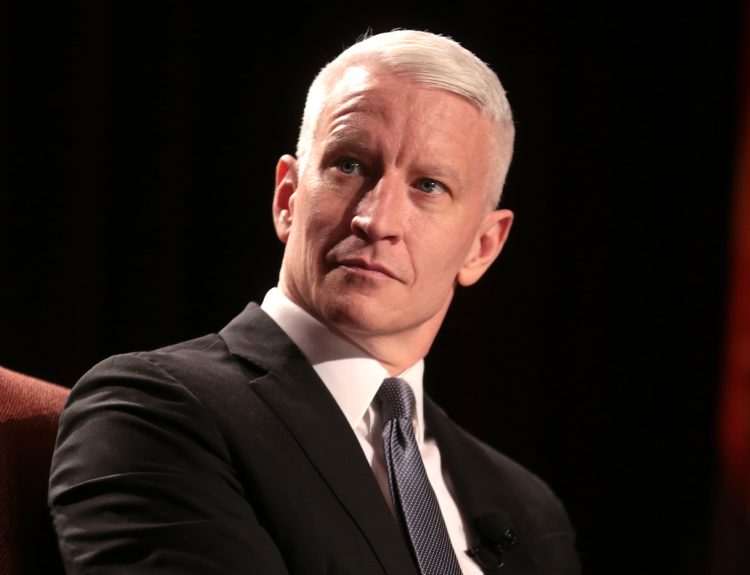Usually, when you hear campus protests happening, the police swoop in to break it up. In the 70s especially, there was a massive wave of violence against campus protesters. Yet a recent protest by a DC school drew a complete non-engagement from the police. Let’s see how and why this happened.
A Stark Contrast to Other Police Forces
From California to New York, Illinois to Texas, police forces have been providing highlight reels of enforcers marching on university quads in riot gear, galloping in on horseback, carrying and dragging students away, and even slamming an Emory University professor to the ground in Georgia.
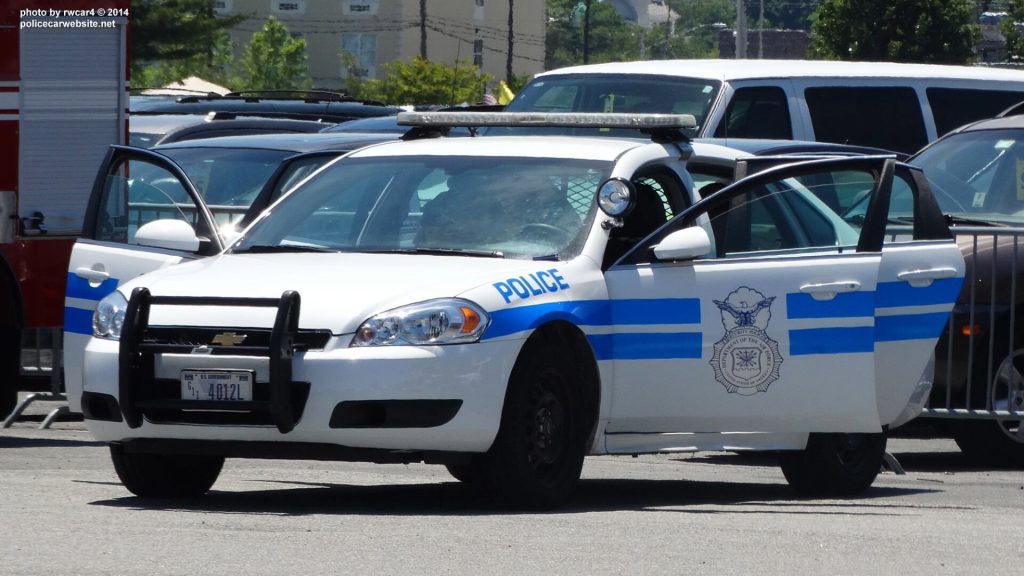
In contrast, the D.C. police have given the ivory tower a lesson in constitutional rights by maintaining a peaceful presence and refraining from making arrests despite the George Washington University administration’s request for backup.
Peaceful Protests Met with Excessive Force
So far, at least 900 people have been arrested on U.S. campuses during protests over Israel’s actions in Gaza. In nearly every case, the demonstrations were peaceful and nonviolent until law enforcement intervened.
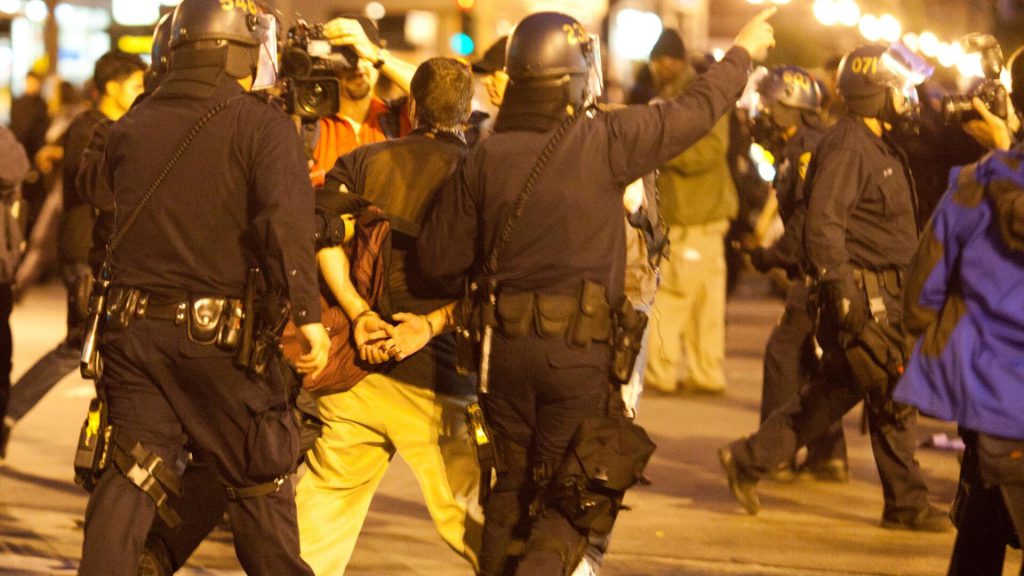
Headlines such as “Protesters and Police clash on Pitt’s campus” and “Police crackdown leads to hundreds of arrests” dominate the news, rather than reports of protesters setting fires or hurting people before the police were called.
D.C. Police Made the Right Call
When the administration at George Washington University attempted to get the D.C. police to break up what appeared to be a peaceful gathering on campus, the police declined and maintained a low-key presence nearby.
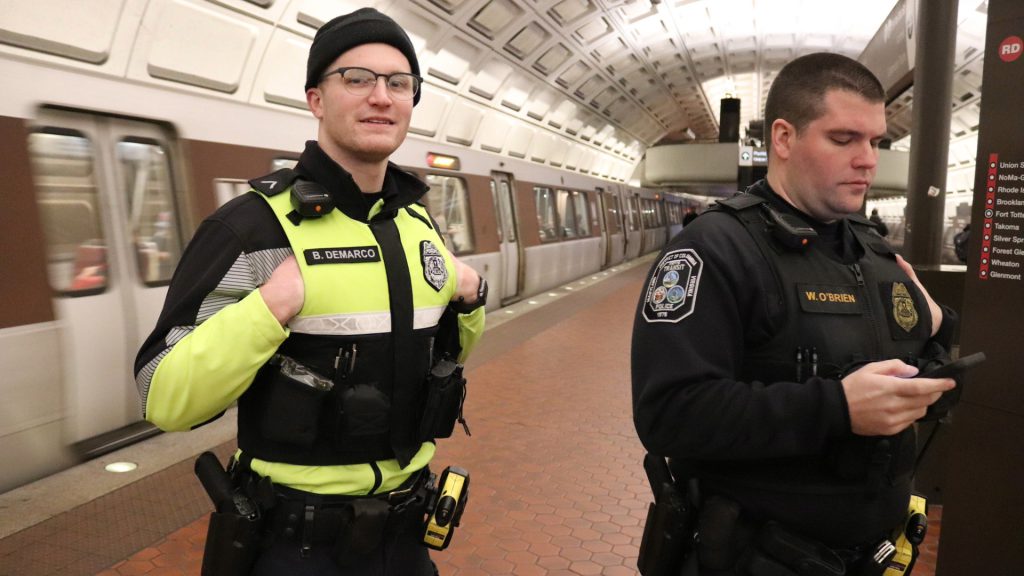
Ivy Ken, an associate professor of sociology at GWU and one of the many faculty members who signed a letter protesting the suppression of demonstrations on university campuses, praised the D.C. police for making the right call.
Universities Treating Students as Trespassers
In most cases, universities are calling the police because they have decided that students who pay substantial fees to study on their campuses are now considered trespassers. Some of the points of view held by the trespassers don’t align with what the university wants to make its public stance.
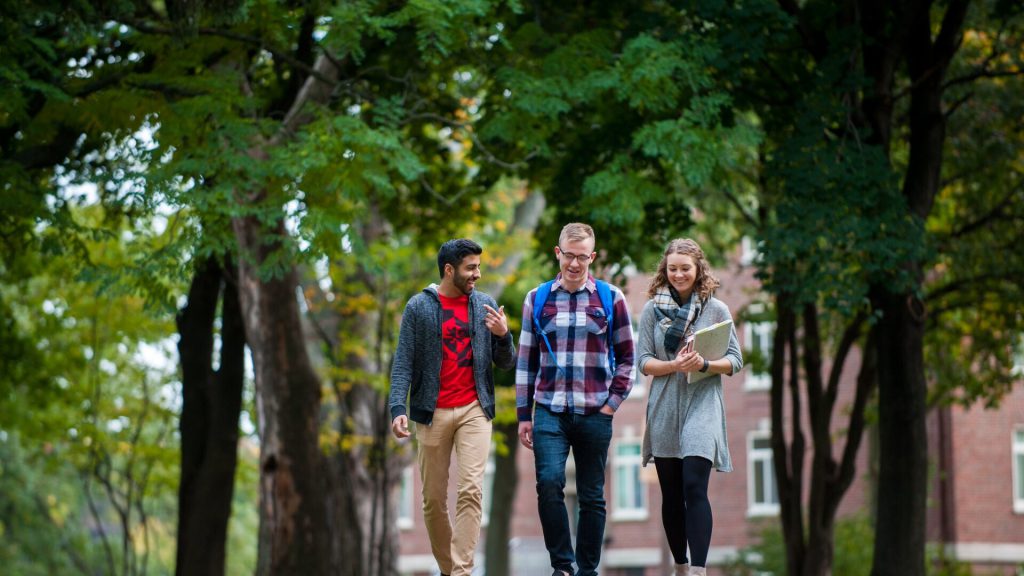
Dane Kennedy, a professor emeritus of history and international affairs who participated in antiwar protests at the University of California at Berkeley in the 1970s, expressed his disappointment in GWU’s administration for expelling peaceful student protesters, calling it a “shameful message about its disdain for students’ rights.”
First Amendment Protection for Peaceful Protests
Melani McAlister, a professor of American studies and international affairs at GWU, commended the D.C. police for refusing to arrest peaceful protesters. She emphasized that even militant chants and radical signs are protected under the First Amendment, and the D.C. police seem to understand this.
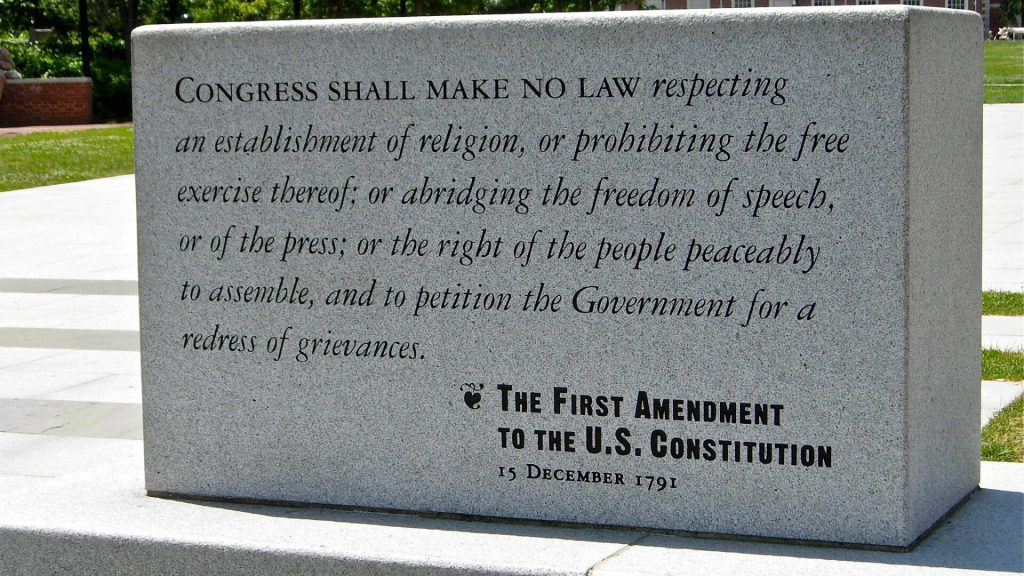
It’s a bizarre twist in D.C., where educators are punishing students for speaking out while the police support “peaceful First Amendment activities through the District of Columbia.”
The Art of Policing Demonstrations
Covering protests in D.C. for nearly 25 years has given the author a unique perspective on law enforcement’s challenges.
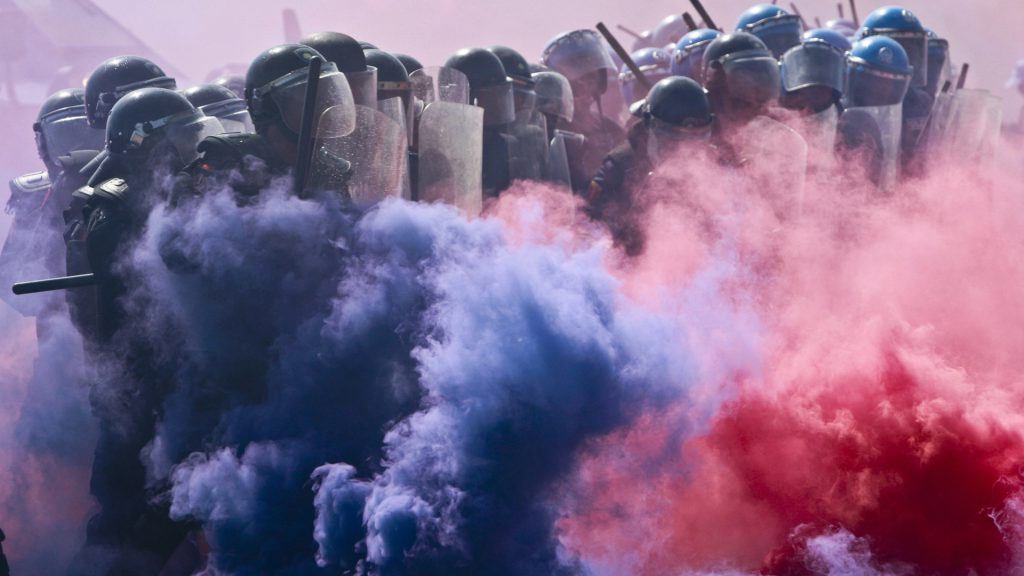
From being tear-gassed and hit with rubber bullets to witnessing the January 6th insurrection, the author has seen both the successes and failures of policing demonstrations.
New Strategies to Turn the Tide
Over the years, the D.C. police have developed strategies and expertise in policing First Amendment activities, striking a balance between letting small things go and knowing when to crack down.
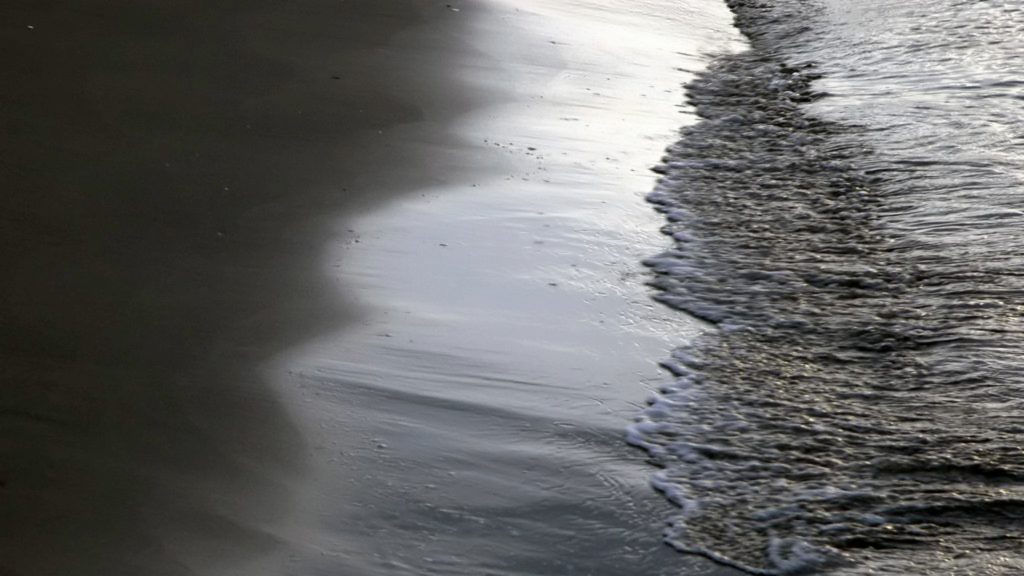
Experienced officers understand that overreaction can embolden a crowd. With the way politics are divided these days, police officers know they can’t risk riling up the masses.
The Power of Moral Shock
Dana Fisher, a sociologist at American University who studies activism, explains the concept of “moral shock” – the phenomenon of people joining protests in solidarity after witnessing footage of excessive force or injustice.
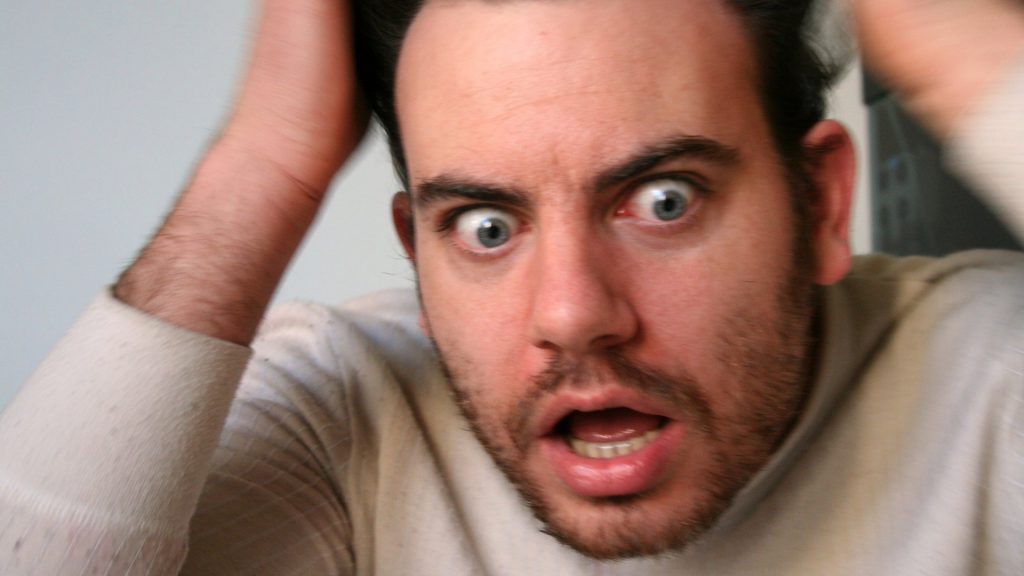
Fisher expects the same to happen with the current campus demonstrations, with many joining not only because of their feelings about Gaza but also to support the protesters’ First Amendment freedoms.
Faculty Members Stand with Student Protesters
Many faculty members have spoken out to support the student protesters, viewing their peaceful demands to end injustice as reminiscent of revered past activists.
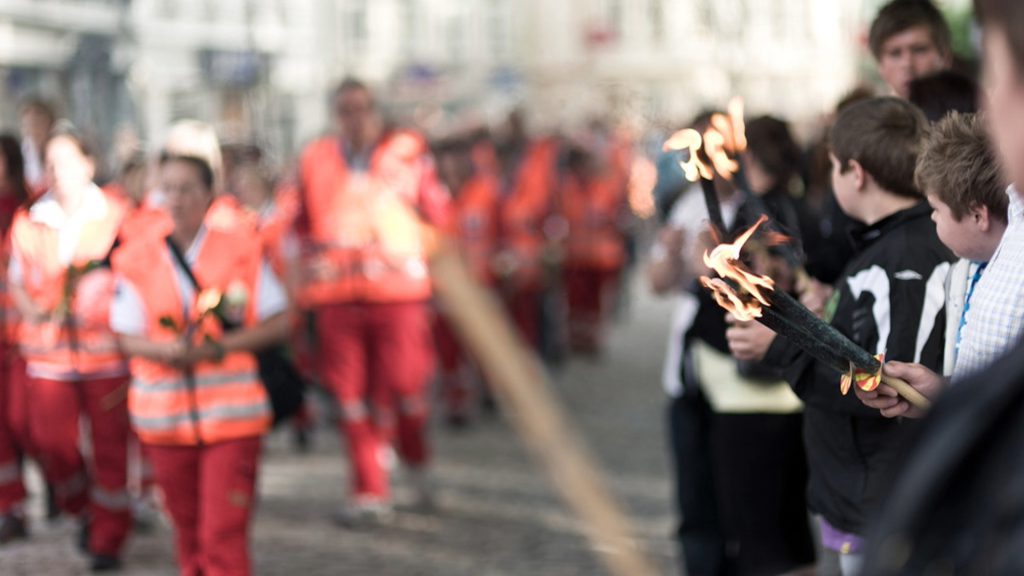
Thomas Guglielmo, chair and professor of George Washington University’s American Studies department, signed the protest letter because he wants university leadership to stop punishing students for their peaceful assembly and instead engage in dialogue to find a way forward.
D.C. Mayor Supports Peaceful Protests
D.C. Mayor Muriel E. Bowser expressed her support for peaceful protests and emphasized the Metropolitan Police Department’s experience and expertise in deciding the necessary interventions.
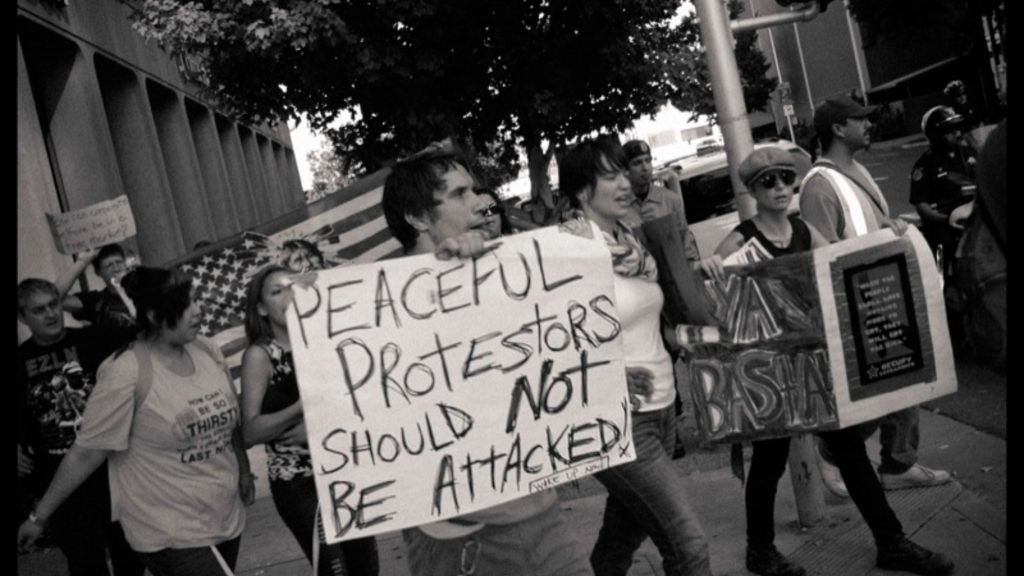
The mayor’s statement highlights the importance of balancing maintaining order and respecting the right to peaceful assembly.
The Importance of First Amendment Freedoms
The D.C. police’s handling of the campus protests serves as a reminder of the importance of protecting First Amendment freedoms, even when the messages expressed may be controversial or unpopular.
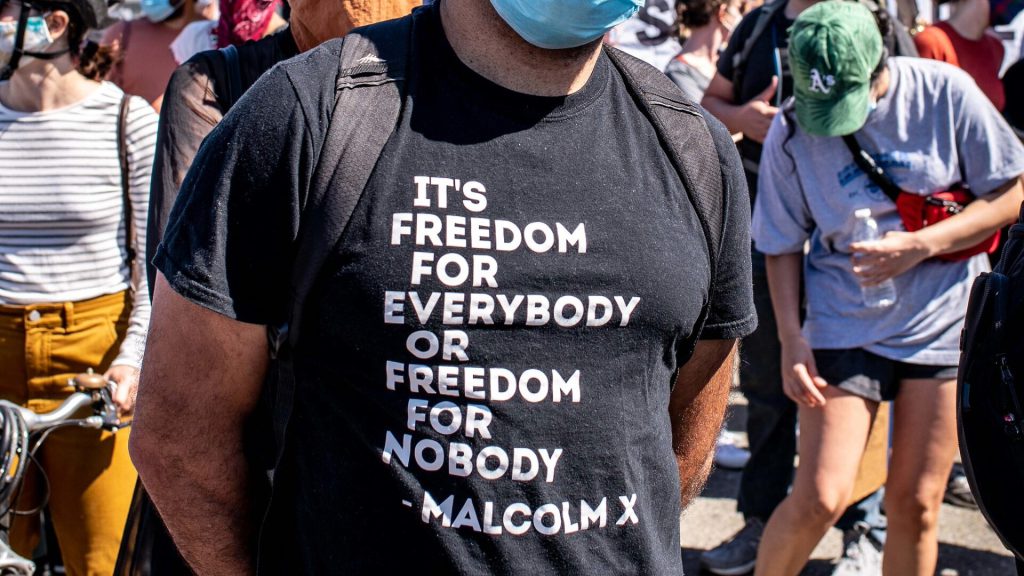
By allowing peaceful demonstrations to continue without excessive force or unnecessary arrests, the D.C. police have set an example for other law enforcement agencies across the nation.
A Call for Dialogue and Understanding
As campus protests continue, it is crucial for university administrators, law enforcement, and the public to engage in open dialogue and seek to understand the students’ concerns and motivations.

Only through communication and a commitment to protecting the right to peaceful assembly can we hope to find a way forward and address the underlying issues that have led to these demonstrations.
The Role of Law Enforcement in a Democracy
The D.C. police’s response to the campus protests highlights the critical role that law enforcement plays in upholding the principles of a democratic society.
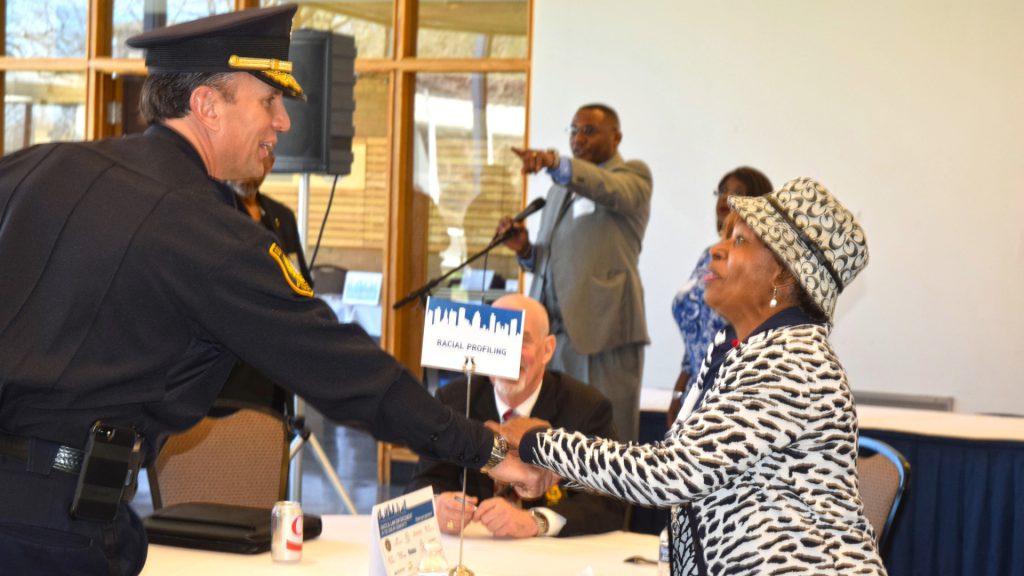
By prioritizing the protection of First Amendment rights and avoiding the use of excessive force, the D.C. police have demonstrated their commitment to serving the public interest and maintaining the trust of the communities they serve.
A Lesson for Other Police Forces
The D.C. police’s approach to handling campus protests should serve as a lesson for other police forces across the country.
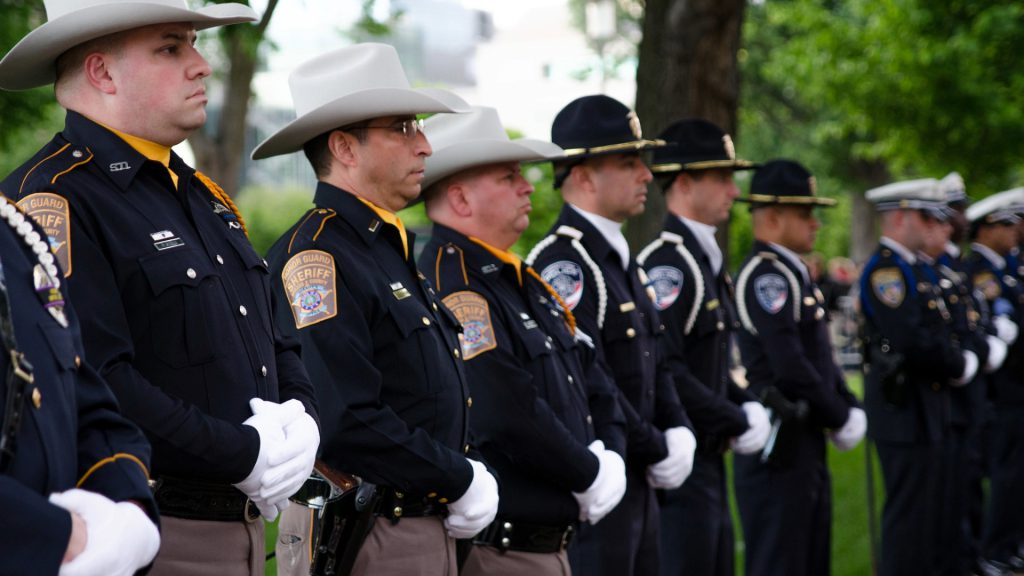
By adopting a more measured and restrained response, law enforcement agencies can help to de-escalate tensions, protect the rights of protesters, and maintain public safety without resorting to unnecessary force or arrests.

